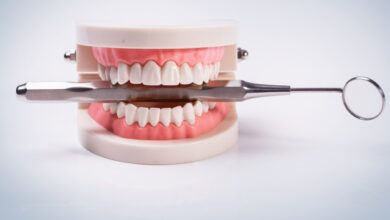13 Essential Things to Know Before a Dental Implant Procedure
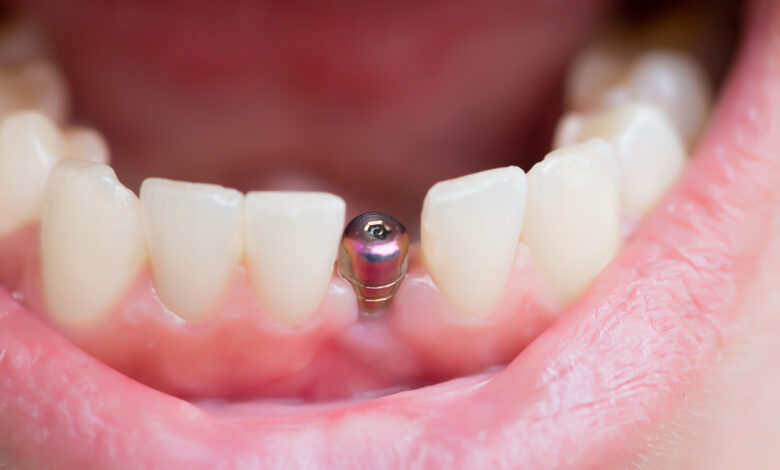
Your dentist may recommend a dental implant as a suitable alternative to ill-fitting dentures. You may also need to get implants if the roots of your teeth have been compromised, thereby eliminating the necessity of bridgework or other tooth repair options.
A dental implant consists of a titanium post inserted into the jawbone. A false tooth is placed upon this post to replace your missing tooth.
Dental implants are a great option for cases of teeth loss or trauma because the jawbone heals around the implant very well, providing great teeth support.
You might be scheduled for a dental implant but you have no idea what to expect or what the process will be like.
We have compiled a helpful list of facts you can use to feel more comfortable about the procedure.
Dental implants may be subperiosteal or endosteal

- Endosteal implants
Endosteal implants are the most common type of implants. They are surgically implanted into the jawbone. After the implantation area has healed, a second surgery is performed during which the post is attached to the original implant.
After the site has healed, a false tooth (or teeth) is fitted on the post. They may be placed together on a bridge or denture if it is a set of teeth.
- Subperiosteal implants
Individuals with insufficient healthy bone tissue are advised to opt for subperiosteal implants.
Here, a metal framework is attached to the jawbone, under the gums. During the healing process, the frame is fixed to the bone and serves as the attachment point for the posts.
The false teeth are then fitted onto the posts.
Implants have a low failure rate
Dental implants have a 2% failure rate. Implant surgeons report a 95% success rate in healthy individuals with good dental hygiene.
It is a significant figure when compared with dentures and bridgework, which have a 15-20% failure rate in a span of 10 years.
You will need a dental X-ray before implantation

A dental examination must be performed before you can be deemed eligible for dental implants. A complete X-ray of your jaw and gums is carried out to ascertain the condition of your gums and jawbone. You are eligible for implants if your gums and jawbone are considered healthy.
A dental impression is used to make a customized teeth mold for you
How does your surgeon know what size of implants to prepare? They make a dental impression on your teeth. A dental impression is a negative mold of your teeth.
It is made by biting down on a tray filled with a semi-liquid substance which hardens to a mold and retains the shape and size of your teeth. Using this mold, a specialist will create a customized dental implant for you.
It involves a surgical procedure
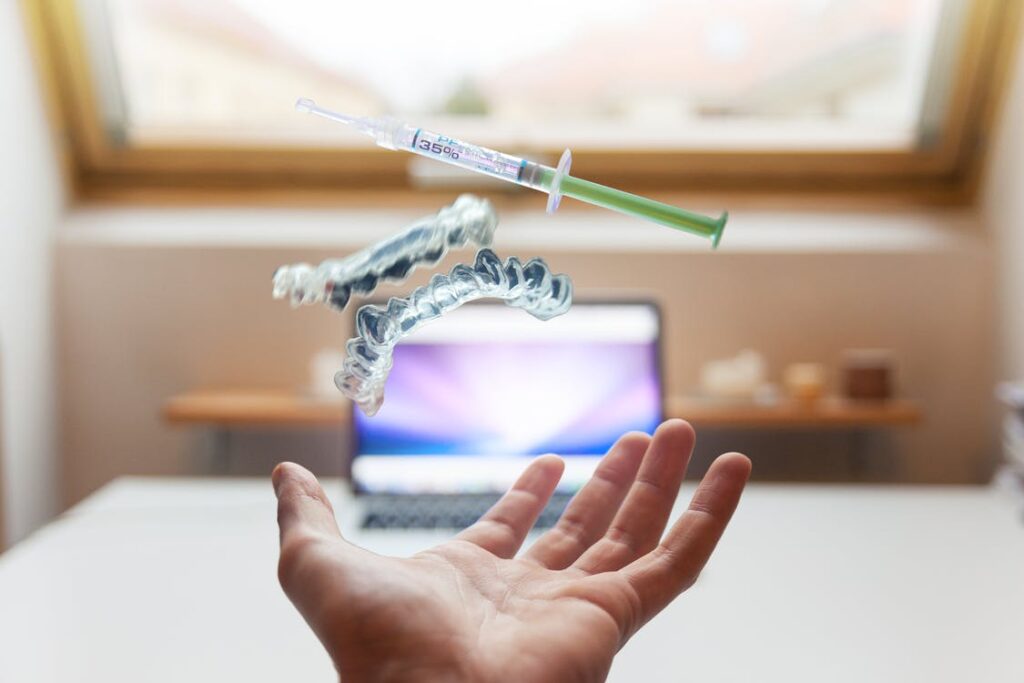
Dental implantation is a surgical procedure that requires considerable healing time. Metal posts are inserted into the jawbone to replace damaged tooth roots. These posts are topped with false teeth that function like real ones.
You will not have an immediate result
Getting dental implants is not a quick process. It requires two procedures with a minimum of 2-3 months between the first and second procedures. The base or anchor is implanted months before the tooth is added. This allows the area to heal and the proper fusion of the base with the jawbone to take place.
While the implantation site heals, you may get a bridge or a crown to fill in the missing teeth.
After total healing, an abutment is fitted into the implant. The abutment makes up the body of the tooth, then it is covered by a crown which gives it a real tooth appearance. Learn more about the process using this Complete Guide on Dental Artistry.
There are minimal pain and discomfort

Most people who have undergone the process have stated that there are minimal pain and discomfort. It is ensured by local anesthesia that is used during the procedure. Compared to tooth extractions, dental implants are a breeze.
The condition of your mouth, gums, and bone is important
As stated earlier, a dental examination is performed to ensure your jawbone and gums are healthy. The base of the implant uses the jawbone as a secure grip in order to hold the replacement tooth or denture in place. That is why the type of implant surgery to be performed will depend on the condition of your jawbone.
If you have a missing tooth or teeth for an extended period of time, the jawbone in that area starts to shrink in density, width, and height. The longer it takes to fill the gap, the more shrinkage the bone will experience. This eventually leads to its collapse and reabsorption by the body.
If this has happened, you may be unable to get an implant.
You have to give your dental implants the same care as real teeth
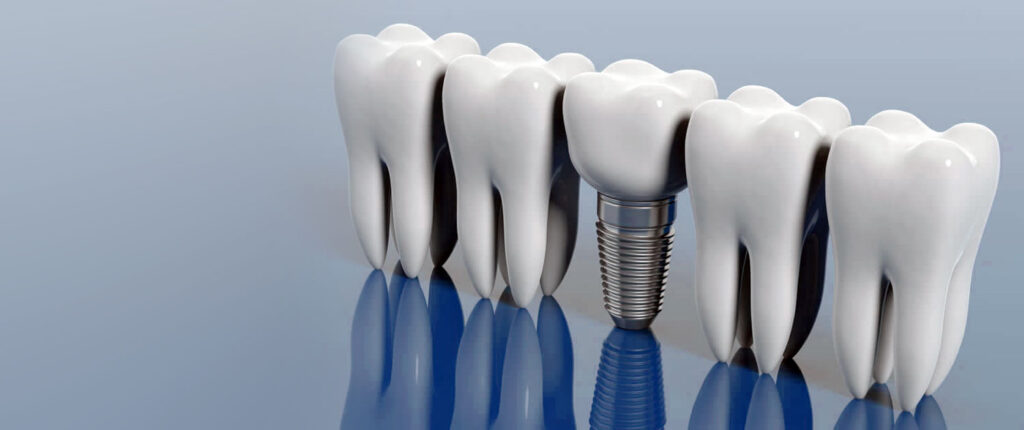
Dental implants not only look and feel like real teeth, they also require the same care. You must brush, floss, and rinse with an antibacterial mouthwash. Regular check-ups and semi-annual cleanings from your dentist are required for implant longevity.
In certain cases, multiple surgical procedures may be required
Some implantation cases may require multiple procedures depending on the condition of your tooth and jawbone. If your jawbone has shrunk or has been reabsorbed by the body, you may need bone graft surgery first. You may also need a tooth extraction if your tooth is damaged.
Smokers have a higher risk of implant failure
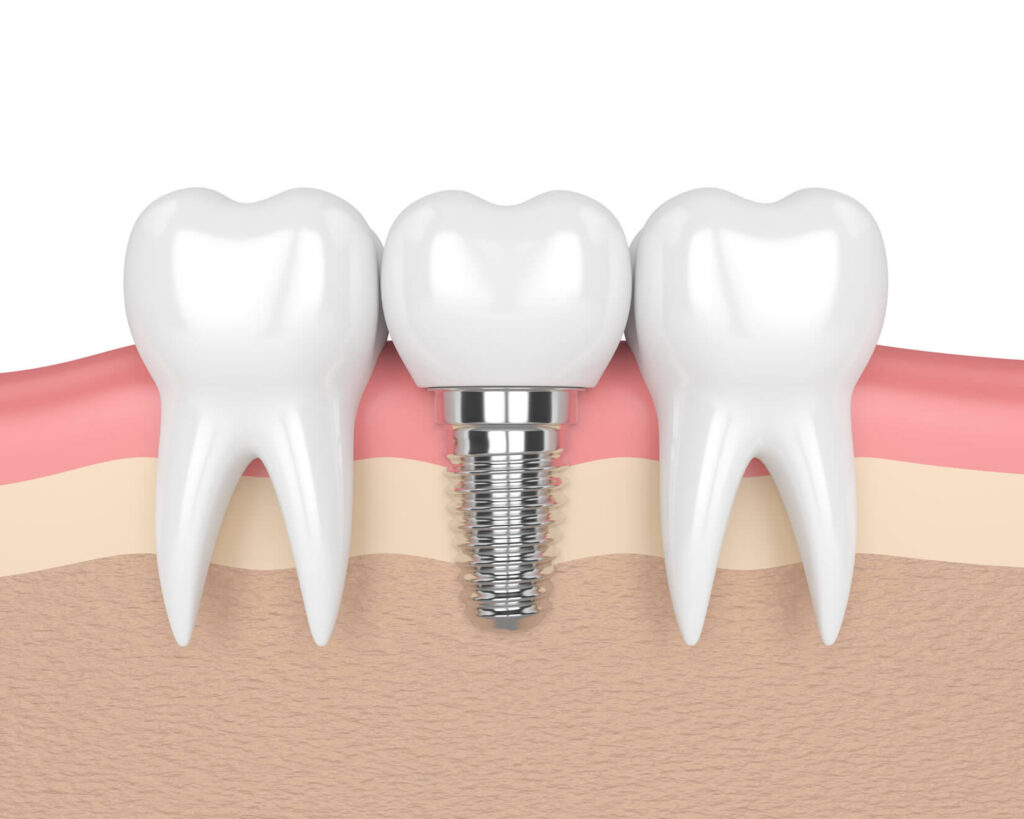
If you are a smoker, your dental implant has a higher chance of failing. First, the tissue in your mouth takes a longer time to heal, and, in some cases, it may never heal.
Smoking entails constant sucking motions that hinder the healing mechanism.
In addition to this, it releases bacteria and chemicals around the implant site, which may cause infections.
You may have to quit smoking before and during the healing process to ensure fast healing.
Dental implants last for a long time
Dental implants can last for many years, almost as long as real teeth. The reason for this is the fact that dental diseases and tooth decay do not affect them. However, longevity is tied to proper daily oral care in conjunction with regular check-ups and cleanings.
Your diet will have to change after the procedure

The dental implant procedure is a major medical procedure. After the anchors are inserted into your jawbone, it is common to experience pain and significant swelling. You will be given medication to manage this pain for the first few days at home.
Eat only soft foods like yogurt, soups, and applesauce for the first week or two while your mouth heals. Avoid spicy meals and carbonated drinks. Try to avoid sucking motions until the area has healed a bit.
Conclusion
Good dental implants can transform your smile and change your life. It is a fantastic long-lasting solution that helps in maintaining your oral health.
You must be well informed about the advantages, possible side effects, and how best to keep your, dental implants properly maintained before undertaking the procedure.



